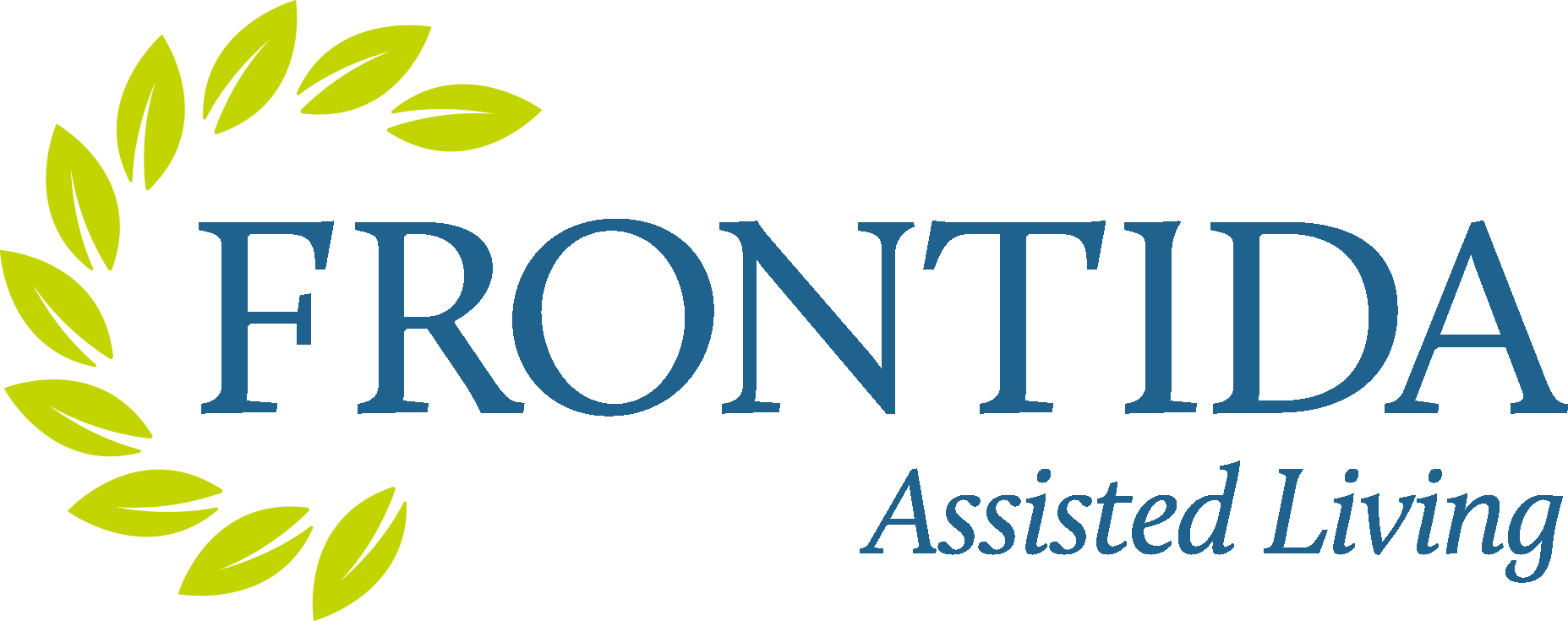If there’s one thing COVID-19 has done, it’s made us think about the health of our seniors. Who they’re coming in contact with, how they’re getting their necessities, and how isolated they are—for good and for bad.
We’ve wondered about our neighbors. Our parents. Ourselves.
And since no one (to date) has created an invisible force field blocking all harmful contaminants, you may be wondering if it’s time to look at assisted living for help.
But how do you choose an assisted living center near you when you can’t take a tour?
In other words, what do you really need to know about the assisted living facility that you’re choosing?
(I’ll give you a hint: It has nothing to do with wallpaper.)
Frontida Assisted Living Facilities, such as the Kenosha, WI’s Azalea Place, a Senior Living and Mental Care Community, provide you with posts like this one to help you live your best life.

Is Assisted Living Safer?
Before we talk about what to look for, we need to talk about why you should look.
If Mom is strong, able to care and clean for herself, happy living where she is, completely comfortable connecting with friends and family on Zoom, and you aren’t worried about her —then you probably don’t need to make a change in the midst of the pandemic.
But then you probably wouldn’t be reading this article.
So when might it be time for a change?
- If she’s living alone and not able to care for herself.
- She needs other people to bring her food, and you don’t know how careful they’re being with contamination.
- She’s lonely, feeling isolated and depressed, which is leading to anxiety and fear.
- You notice changes in her that concern you. Maybe she’s falling more.
Or maybe she’s living with you, but the stay-at-home orders have made that hard.
- She’s overwhelmed with everyone home all the time.
- She’s lonelier than ever because you’re all buried in screens for online school and work.
- You’re worried one of the kids might get sick and pass it on to her. Or her care requires so much of your energy that you’re burned out. You’re afraid you’ll get sick. Again, endangering her.
Any of these reasons could mean you need help from an assisted living facility. So what does help really look like?
1. You Need a Place You Can Trust
“Your character is defined by what you do when no one is looking.”
We built our home in a new neighborhood, meaning we got to see houses around us being built. One day workers came to cover the basement for our neighbor’s first floor. My kids and I watched from the window as they laid boards and hammered nails. They must have done five or six before one of them looked up and pointed us out to his co-worker.
Suddenly they started gluing before they placed and nailed the boards.
That’s NOT what you want: People who do what they should just because others are watching—and cut corners when they aren’t.
How can you know?
- Look for an assisted living facility that values truth. That takes responsibility.
- Check out their negative reviews. How do they respond? Do they make excuses? Avoid the issue? Or address it openly?
- Do you get similar answers from different people? Or does it depend on who you ask?
Recently society has decided truth can be fluid. Your truth, my truth, their truth. That’s not going to give you much confidence when it comes to choosing assisted living.
When it comes to trusting, you need a facility that believes in telling the truth. Whether you can visit every day or not at all.
2. You Need a Place that Cares
“Nurturing is not complex.
It’s simply being tuned in to the person before you
and offering small gestures toward what he needs at that time.”
(Mary Anne Radmacher)
In every field, some people are just there for the money. Clock in, check the boxes, and clock out.
That’s NOT what you want for assisted living. You’re choosing a home. You want workers that feel like it’s their home, too.
Not rushing through to beat the clock, but going the extra mile.
How can you know?
For one, look at the management.
- How do they treat their employees?
- Do they want to make it a great place to work?
- Do they celebrate thoughtfulness and devotion? Or are they all about the bottom line?
- Do they encourage hard work—and then support that work so caregivers can do their job well?
Yes, it’s possible to get good care from employees who aren’t treated well. But they’re going to be a whole lot more tired. And they probably won’t stick around.
So ask about employee retention. Ask about the hours employees work. Ask about the training employees receive and what their worker-to-resident ratio is.
And then check reviews.
- What are former employees saying? Did they get along with their bosses? Their coworkers? Why did they leave?
- What do families describe? Are they talking about caregivers smiling? Nurturing?
- Is it clear the company is loving on the residents?
You want to know that the assisted living facility caregivers are living up to their name—really giving care.
3. You Need a Place that Protects
“Remember you are the voice for those who cannot talk;
you are the protector of those who cannot protect themselves.”
(Debasish Mridha)
On a normal day, protection in assisted living can mean making sure residents take medicines when and how they need to. That they’re eating. That they don’t wander off. That they aren’t hurt by others or themselves. And that family members know what’s going on.
None of those needs go away during a pandemic.
But that pandemic adds a few more. Of course, there are the ones we hear regularly.
- What are they doing to make sure residents avoid the illness?
- How often do they disinfect?
- How do caregivers make sure they don’t contract it and pass it on?
Often that means restricting visitors and limiting off-campus outings.
But there are other needs, too, that can be hampered by that seclusion:
- What if they need a doctor or a procedure that has nothing to do with the pandemic? Their glasses break or they need an evaluation before their hearing aids can be fixed?
- What’s being done to protect their mental and emotional health with all the restrictions?
- How are they getting exercise?
- How is the facility communicating with family members?
- What happens if someone DOES contract the disease?
- And if the worst happens? How do they make sure residents aren’t alone at the end? How do they help you be there to say goodbye?
You want an assisted living facility that follows the rules and best practices. That keeps up to date on what could affect the residents. That works hard to keep them healthy. That’s willing to learn.
But also a place that understands protection right now means more than sterilizing the world.
4. You Need a Place that Has Fun
“Sometimes having fun with your friend is all the therapy you need.”
This experience has taught us valuable lessons about the human need for connection. You want a place that makes that a priority.
And crazy, scary viruses that target seniors don’t change that.
A good assisted living facility will make sure the pandemic doesn’t feel like a prison.
- Hopefully residents can interact with each other, playing games, doing crafts,…
- And caregivers can help them connect with family members.
But if for some reason residents can’t meet with others? Then what?
Ask how caregivers help them not feel isolated.
- Do they let them Zoom with other residents?
- Do caregivers play games with them?
- What do they do to still help them feel wanted, needed
Yes, illnesses are serious—especially when you’re talking about seniors.
But that doesn’t mean the fun has to stop. It just means it might look a little different.
5. You Need a Place You Feel Connected To
Often tours of assisted living facilities end up focusing on the peripheries. Like wallpaper.
But when we’re stuck in the middle of a pandemic, we get to the real necessities: care, protection, connection, and trust.
Ask what the company’s philosophy is. Does it connect with your values? And how do they live it out?
Especially during a pandemic.
At Frontida Assisted Living Communities, these values are center to our philosophy. We treat our residents like family—they’re our own parents and grandparents. We believe the true measure of success is our residents’ quality of life. We work hard to deliver the highest quality individualized care that honors and celebrates the unique qualities of our residents. So whether we’re in the middle of a pandemic or not, we truly, truly care…for all the right reasons.
Need to talk with family about senior living options? Check out these other helpful posts on choosing an assisted living facility.

a huge thank you to Harli Marten on Unsplash for the featured image
Elizabeth Daghfal is a writer, teacher, speaker, and community volunteer. When she isn't teaching or writing-- Who are we kidding? Her husband and five kids say she's ALWAYS teaching and writing. She has a passion to help people who are struggling and is happy to say her shoulders are drip-dry. Born and raised in the South, she now lives in Wisconsin and loves it--except for the fifteen months of winter. Read more about her at elizabethdaghfal.com.

